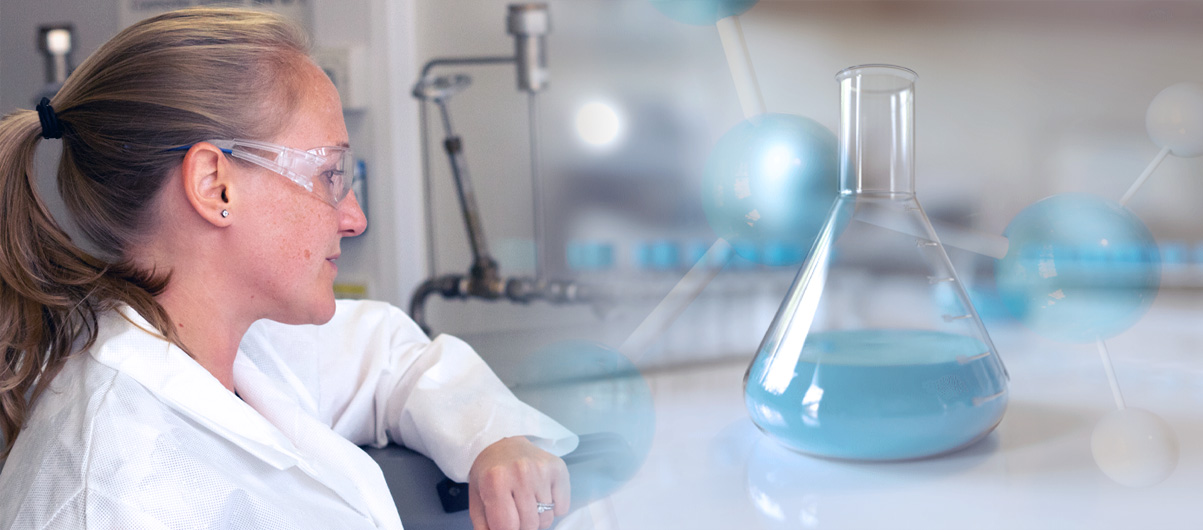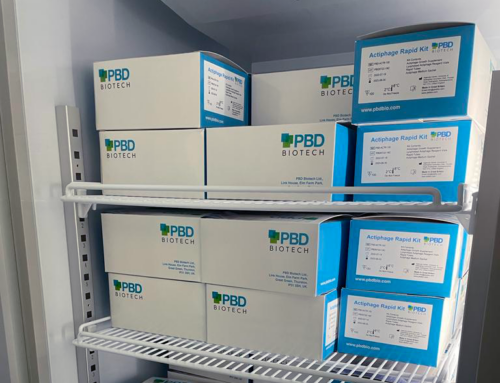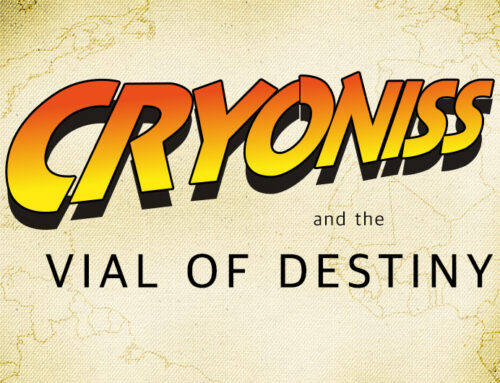Cryoniss Celebrate International Day of Women and Girls in Science – 11th February 2022
Women in Science

If you think about the most famous names in science, who springs to mind? Albert Einstein? James Watson and Francis Crick? What about Emmy Noether or Gertrude Elion? I doubt it…
Modern history is scattered with incredible discoveries in the field of science, though you may be forgiven for assuming the field was dominated entirely by men. Until relatively recently, there were added restrictions and disadvantages faced by women in science which denied them the opportunity to explore the field. In the past, it was common to restrict women and girls’ access to education – they were denied funding and equipment as well as not being allowed to publish academic papers. That is not to say that there were only ever men working in the field at that time. There were indeed a number of exceptional women that, against the odds, contributed to some of the most significant discoveries in history and made their discoveries known through publishing under pseudonyms until higher education for women was more widely accepted.
Perhaps one of the most well-known women in science, Marie Curie was a Polish physicist and chemist known for her Nobel-Prize winning discoveries of radioactivity as well as the elements polonium and radium. Curie was the only person to win Nobel Prizes in two different disciplines and her work is still alive today through the Marie Curie foundation which aims to provide care and support for people with terminal illness.
Einstein’s discovery of the theory of relativity was aided by Emmy Noether, a German theoretical physicist and mathematician yet her work at the University of Göttingen went uncredited as she worked unofficially, without pay or job title. Albert Einstein described her as ‘the most significant mathematical genius thus far produced since the higher education of women began’.
Gertrude Elion was an American pharmacologist and biochemist, responsible for the discovery of antivirals which selectively killed viruses without damaging human cells, as well as discovering two drugs to treat leukaemia. Her antiviral work in herpes led to the discovery of AZT which is now used to treat AIDS. She won the Nobel prize in physiology or medicine in 1988.
These are just a few of the incredible women who have paved the way for women and girls in science. Obviously, opportunities and prospects for women and girls have significantly improved in modern times, though it is still essential that we strive to facilitate an equal environment for everyone to access and enjoy science.
Recommended reading:
Women in Science – 50 fearless pioneers who changed the world by Rachel Ignotofsky





